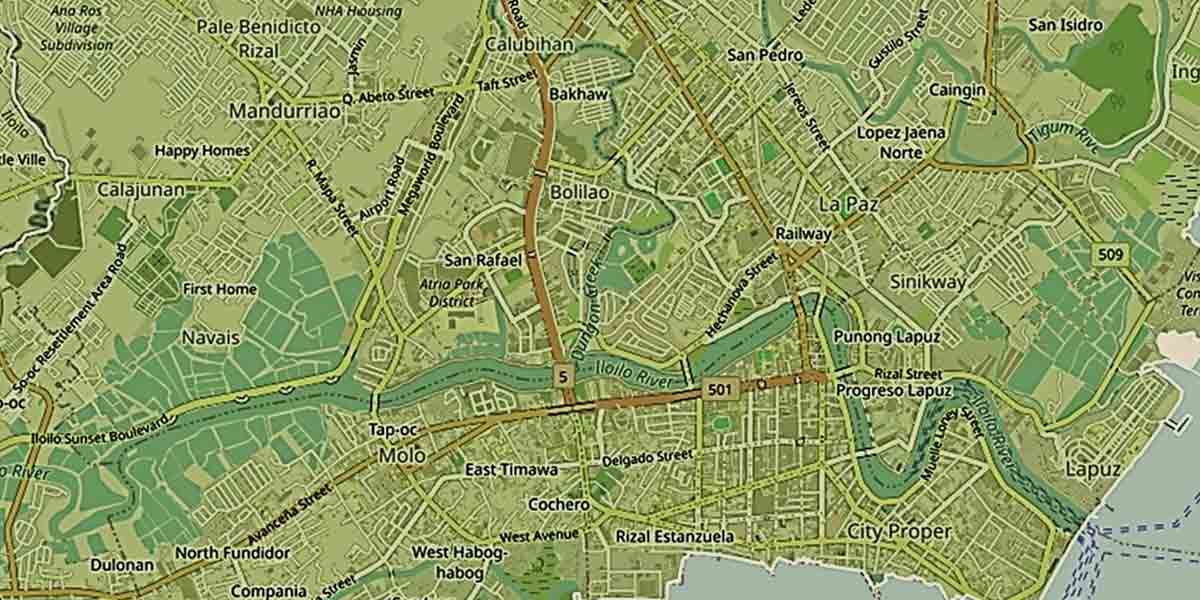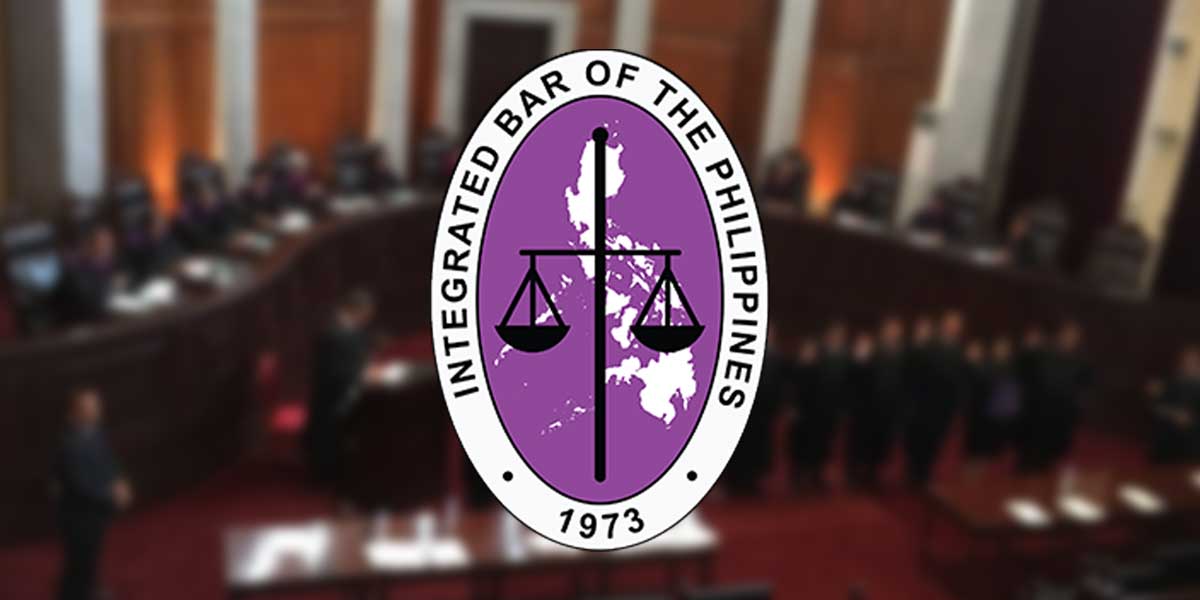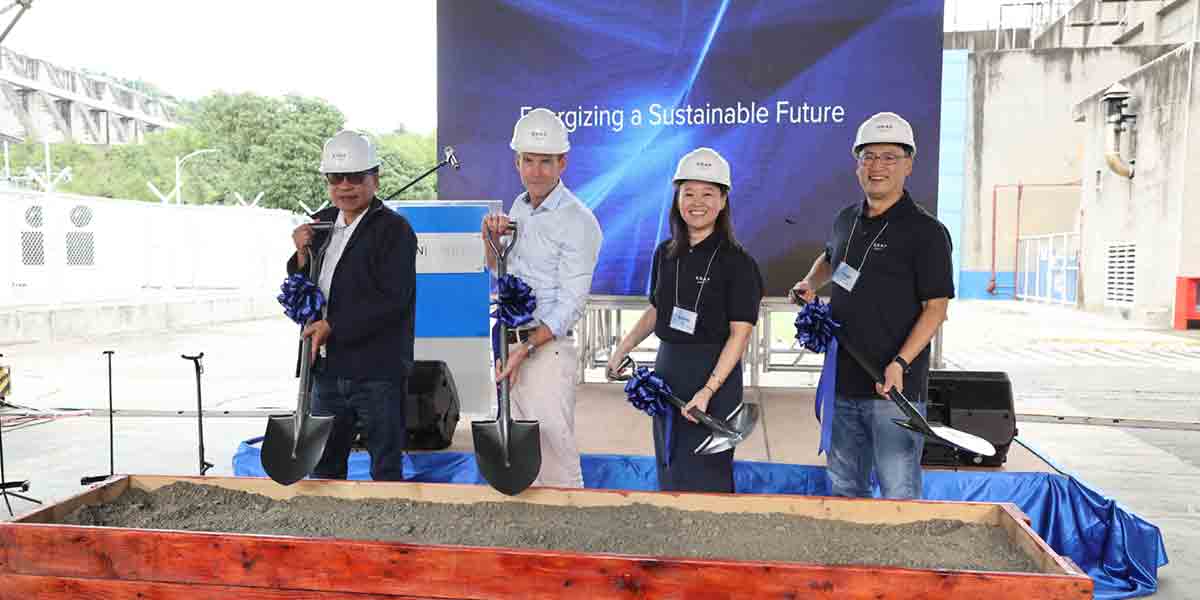 By Joshua Corcuera
By Joshua Corcuera
To those who are eligible to exercise their right to vote in the upcoming 2022 elections, whether a first-time voter or have voted numerous times in the past, there are two things you should remember: (1) go out and vote on election day and (2) vote wisely.
Here in the Philippines, the masses are encouraged to vote on election day, to make their voices heard. Yes, the importance of voting is self-explanatory—it is one of the best things to do to change the status quo. And, based on voter turnout data, Filipinos participate actively in the democratic process. During the 2019 midterm elections, roughly 75% or 3 out of 4 Filipinos voted. And in the 2016 general elections, the voter turnout was even higher at 81.5%. But a more pressing question is worthy of asking: did the masses vote wisely?
Let us admit it—voting in the Philippines is more of a popularity contest and a matter of name recall. Those who are popular tend to win despite questionable credentials and issues of incapacity to perform government duties. On the other hand, those who have achieved a lot in public service, well-educated, and well-respected within their professions but are not popular usually lose elections. And there are examples for such cases, even in the 2019 Senate elections.
I remember a video published by Rappler asking two voters why they will vote for a certain politician. “Kasi gwapo po siya,” said one. The other agreed and added, “mabait po kasi siya.” The interviewer went on asking what laws that politician has made or what he has done in the past. The respondents reiterated the generic characteristics they answered earlier. Upon checking, that politician is not an achiever in the academe and is even involved in the Pork Barrel Scam. Yet he ended up winning a seat in the upper house of the legislature. If only being handsome and being kind could land you to the Senate, I should be a senator in the future—just kidding.
Kidding aside, it is imperative for voters to dissect the things a certain candidate has done—all the good, and all the bad. Asking some pertinent questions can help: where did s/he study? How did s/he perform in his/her academics? Is s/he involved in corruption issues or other serious cases? From there, a voter can weigh the pros and the cons of the candidate. Realistically, we should vote for someone whose contributions outweigh the controversies s/he was involved in. And, hopefully, those candidates were not involved in issues of corruption, graft, plunder, historical distortion, human rights abuses, and so forth.
Personally, I opine that it is essential for new names, new faces to enter public service. We must get rid of ancient political names and political dynasties as much as possible, especially that our nation has suffered more than achieving good under their reign. It is also essential that new faces in politics must be well-deserving of the position they are applying for.
Just think of this in mind: if ordinary Filipinos have to graduate from college and be of good morals to land at a decent job, how much more for prominent government positions that could alter the destiny of our nation?




















